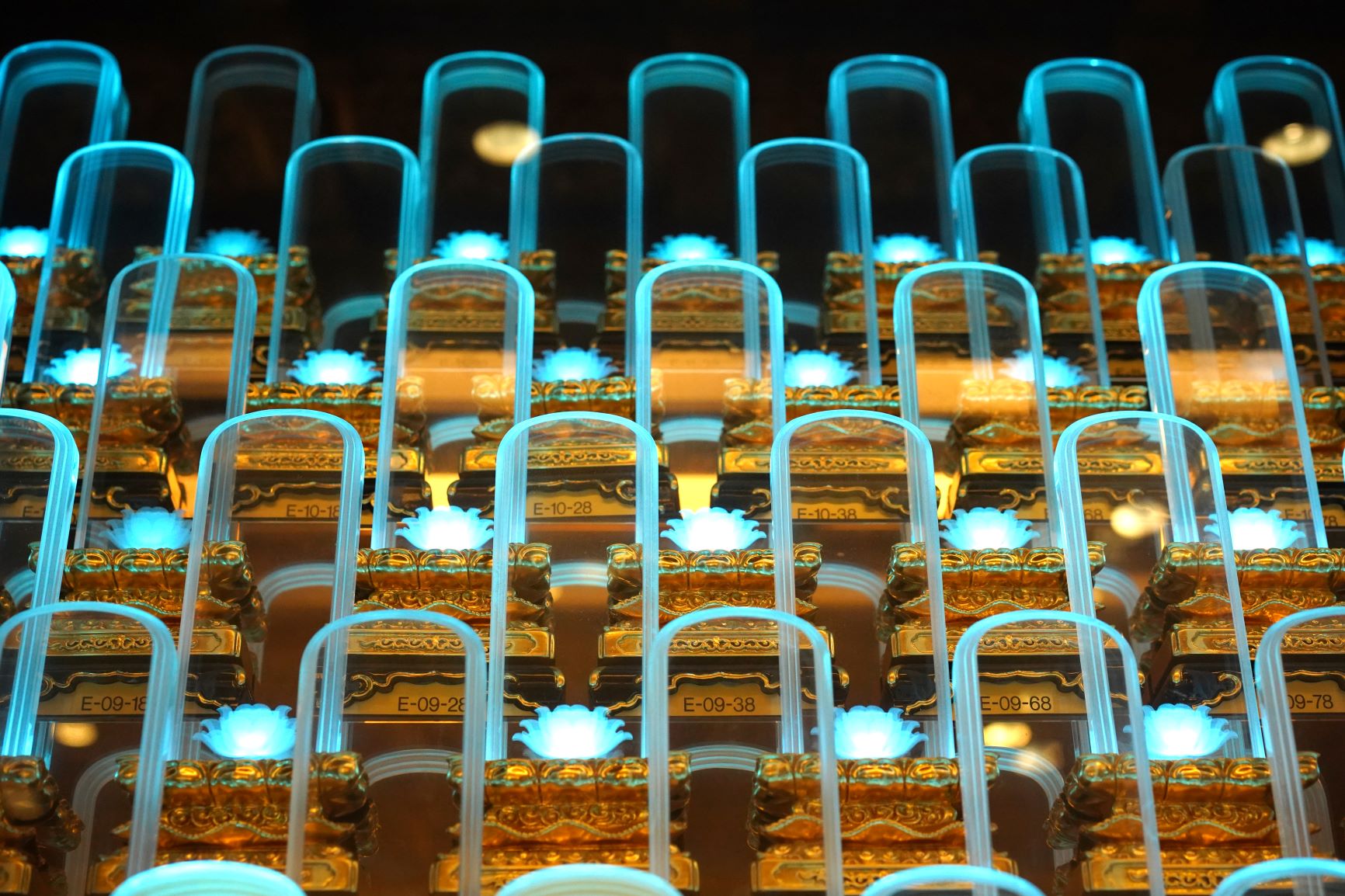
Grieving in the time of pandemic (Part 1)
Grief is part of the normal response when a loved one passes away. When someone close to us dies, it is considered important for those left behind to be able to gather and share memories about the deceased. This is part of the reason why funerals are held. Unfortunately the COVID-19 pandemic has affected the way we normally grieve – especially if the cause of death was due to COVID-19.
Hosting a funeral during the pandemic is difficult as it. Gatherings are considered high risk and as such, funerals are subjected to restrictions to curb the risk of infection. However, the death of a loved one due to COVID-19 can be even more devastating as loved ones would not be able say their farewells properly due to strict rules and guidelines imposed by health authorities on the remains management of COVID-19 victims.
The management of remains under normal circumstances is generally handled by the bereavement care provider appointed by the family of the deceased. A wake and funeral is then held typical for 3 or 5 days depending on the religious and cultural beliefs of the deceased.
In the event the cause of death is COVID-19, the management of remains is handled entirely by the authorities from the Ministry of Health (MOH). Nobody is allowed to come into contact with deceased once he or she has been moved to the mortuary. According to guidelines provided by MOH, only one or two immediate family members in full protective gear are allowed to view the remains at a safe distance. Different hospitals though may adopt different variation of this practice such as only allowing the next-of-kin to view the remains from a separate room through a window or through photographic images.
The remains are prepared by the hospital staff, before being wrapped and placed in a body bag. The body will be disinfected with sanitisers on all layers before being placed in a coffin and sealed. The coffin will then be transferred straight to the burial ground or crematorium with little to no ceremony to minimize risks. The entire process is done under the presence and supervision of an official from the MOH.
The loss of a loved one is in itself a traumatizing event but to be denied the normal processes of grieving due to COVID-19 restrictions can be even more traumatizing. There are however ways we can practice to cope with the loss of a loved one. Stay tune for Part 2 of this article.
For more information about MOH guidelines on the management of remains of COVID-19 patients please refer to this link: http://covid-19.moh.gov.my/garis-panduan/garis-panduan-kkm/Annex_20_Forensic_Guidelines_02122020.pdf
AI Virtual Avatar Farewell Ceremony | “EternA.I.” Bridges the Void of Regret
Yet in reality, things don’t always go as planned. Lack of time, geographical distance, or sudden illnesses – such uncontrollable factors rob us of that one final embrace, or that faint trembling whisper of a final goodbye. Thus, what was left unsaid becomes a thousand silent wounds – every word unspoken becomes a pain we carry, memories twist like a blade in the night, and we replay in our minds all the love and goodbyes we never got to say aloud.
It is for this reason that Nirvana Asia Group has launched Malaysia’s first-ever AI-enhanced farewell service – “EternA.I.,” now exclusively available in Kuala Lumpur and Selangor as an optional add-on to traditional funeral plans.
Technology Makes Farewells Memorable – “EternA.I.” Ushers in a New Era for Bereavement Care
This technology is especially meaningful for families who have lost loved ones battling lengthy and severe illness. The final moments of the terminally ill are often marred by suffering and exhaustion – leaving them in a fragile state – a pale and gaunt version of themselves as life slowly ebbs away. The last memories are often heavy and heartbreaking. However, “EternA.I.” now restores them to a healthier, more vibrant version of themselves — free from pain and illness — gently offering comforting words to those they loved: “Don’t worry, I’m fine now.”
Nirvana Asia Group Donates RM1 million to Tzu Chi Foundation to Support Post-quake Recovery in Myanmar
Since its establishment 35 years ago, Nirvana Asia Group has consistently extended help in times of crisis, including donating more than RM10 million for relief and reconstruction following Nepal’s 2015 7.8 magnitude earthquake; contributing RM8 million worth in medical equipment, supplies, food provisions, and face masks to help the country battle the Covid-19 pandemic in 2020; and donating RM500,000 to aid in the flood relief efforts in Sarawak last year.



















